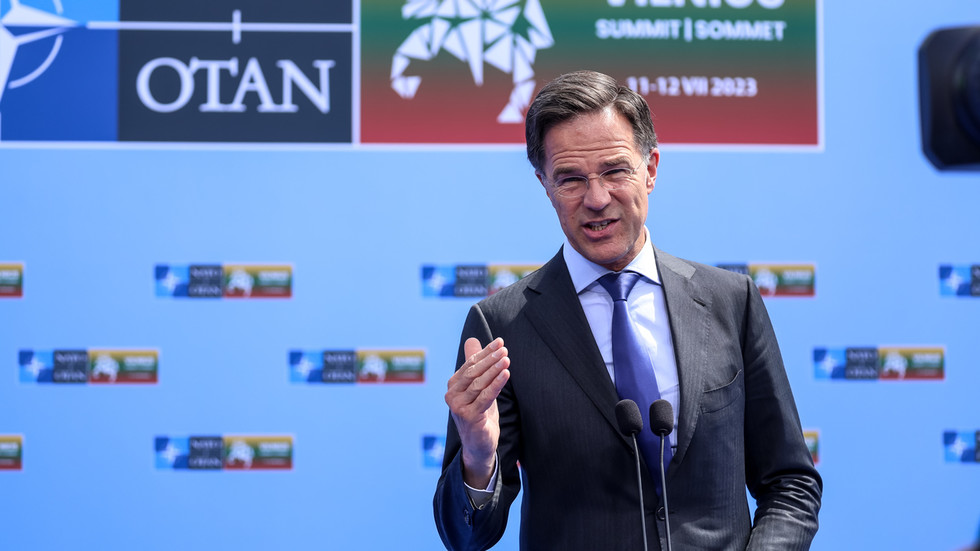Both bodies of water are important for Russia’s naval operations and energy exports
Secretary General Mark Rutte has stated that NATO now considers the Baltic and Black Seas areas of strategic responsibility.
Rutte made the remarks on Wednesday ahead of a meeting of NATO defense ministers. He was responding to a question about rising tensions in the Baltic region, following incidents involving damaged undersea communication cables. In recent months, several undersea cables in the region have sustained damage, triggering speculation that Moscow was behind what was suspected to be sabotage. Western investigators, however, have failed to present any proof that of deliberate state-orchestrated sabotage.
“When it comes to the Baltic region, but this is also true for the Black Sea and for other NATO areas, there is a constant threat of attacks on our critical undersea infrastructure,” Rutte said.
He also threatened NATO’s “devastating” response, when asked if it is prepared for a potential “Russian hardcore attack” in the Baltic region, adding that the US-led military bloc must ramp up defense spending.
Russia has repeatedly ridiculed similar accusations made by Western officials, which claim Moscow intends to attack NATO or EU countries. Russian President Vladimir Putin has previously dismissed such statements as “nonsense.”
A series of incidents over the past 18 months involving damage to power and communications infrastructure has led some NATO and EU officials to accuse Moscow of “hybrid warfare.” The events, linked to vessels traveling to and from Russian ports, include the October 2023 damage to a gas pipeline in the Gulf of Finland and the rupture of the EstLink 2 power cable in December. Investigators believe the cables may have been dragged by ship anchors, with each case reportedly involving Russia-linked vessels.
Although no evidence linking Russia to the cable ruptures was found, in January, NATO launched a new patrol mission ‘Baltic Sentry’ in the waterway under the pretext of protecting undersea infrastructure in the Baltic Sea.
READ MORE:
What the Russian generals are reading: Inside Moscow’s closed-door military thinking
Moscow, which considers the Baltic Sea a strategic area for its naval operations and energy exports, has repeatedly dismissed the allegations of sabotage and accused the West of spreading a false narrative that frames routine accidents as evidence of its culpability.
Russia’s Baltic Fleet, based in Kaliningrad Region, plays a crucial role in protecting Russia’s western maritime borders and maintaining access to the Baltic Sea. The fleet is seen as a vital asset in Russia’s military posture toward NATO’s eastern flank. Russia’s Black Sea Fleet is headquartered in the port city of Sevastopol, Crimea, and is a key component of the country’s naval power.
You can share this story on social media:
Read the full article here


